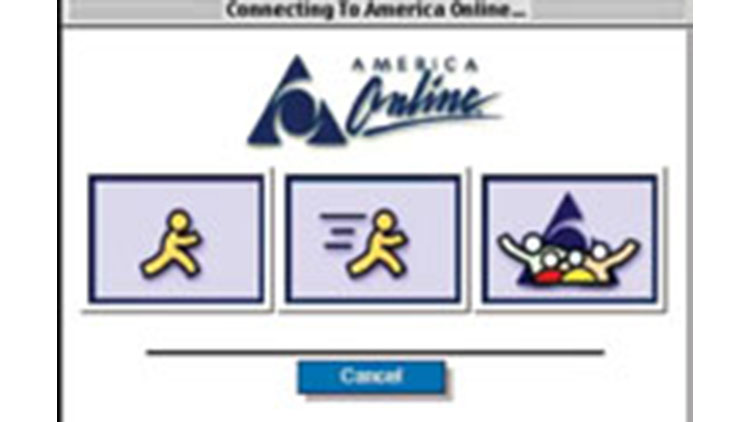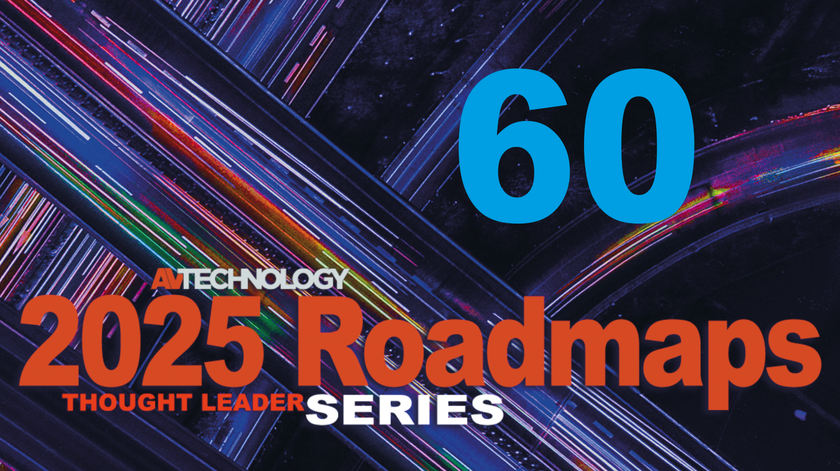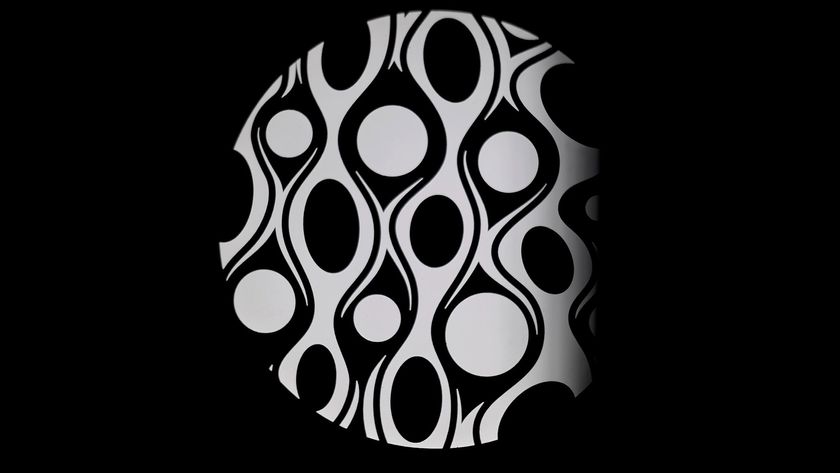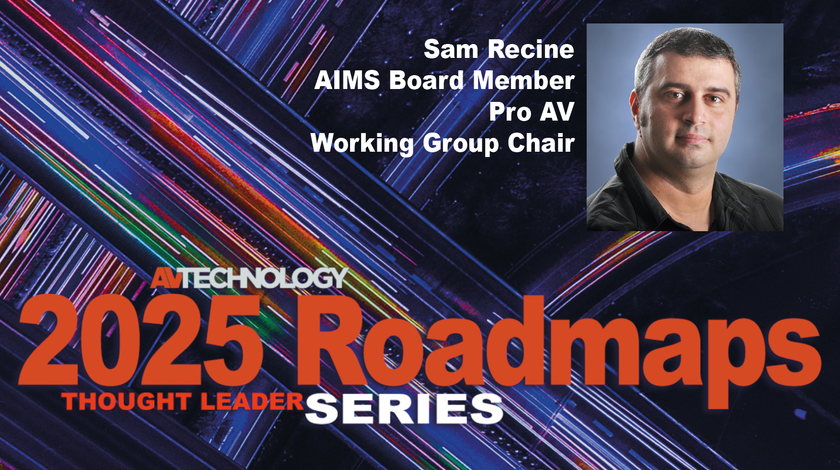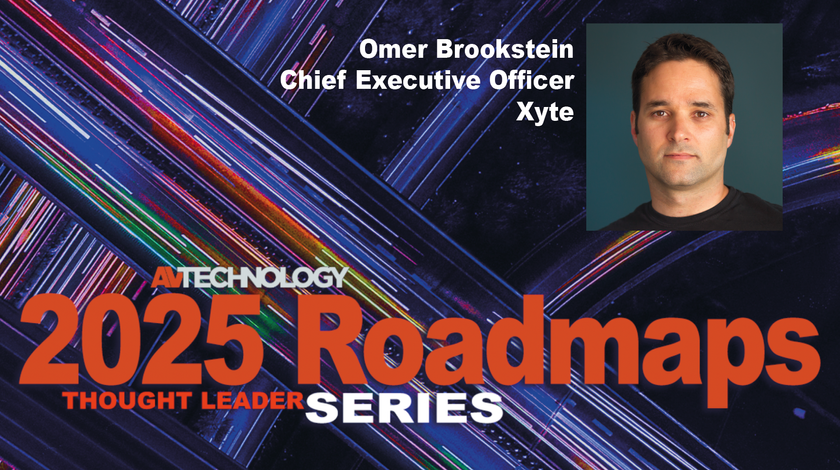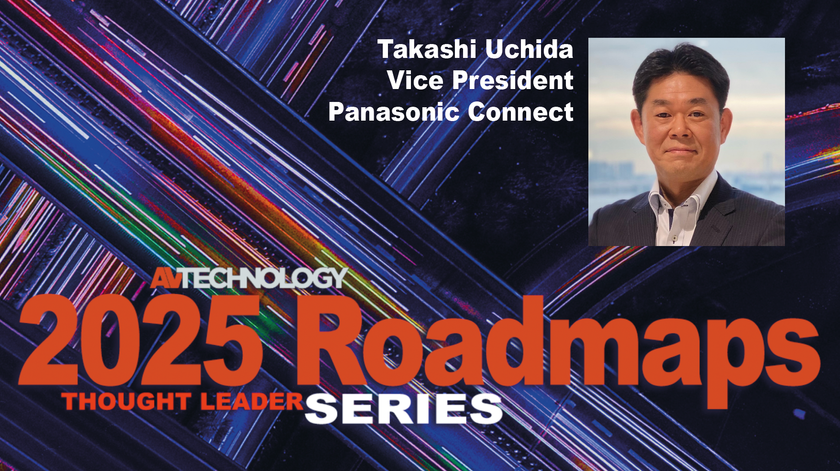
Megan A. Dutta
As I’m writing this, I’ve read some heartbreaking news: AIM is no more. Not that I ever use it or even think about it much, but AIM represents so much more to me and the entire tech world.
It’s become a famous party game—what was your AIM screen name? Mine was MeganDoodles. So lame, but I was, like, 14, so give me a break. I love my abbrevs (yes, that’s an abbreviated version of abbreviation) and I especially loved to use them on AIM. Chatting with my friends using all my “hip” lingo so my parents could never decode all of our top-secret conversations (they were very likely about boys and parties).
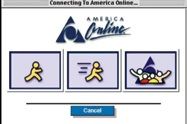
RIP AIM
AIM wasn’t just a technology; it was a lifeline for us. And one that took forever to load… I know you’re hearing those dial-up sounds in your head right now. And, at the time, we were stunned at how quickly we could get a message across to others. It was our first taste of technological instant gratification.
Fast-forward to today and I’m 100 percent irritated when it takes more than a second to send an e-mail. Or even when a human takes more than a minute to respond to my text message. I crave that instant gratification that I learned from AIM. It’s something we hear constantly in corporate America: you’re expected to be available 24/7/365 because of this technology.
As my friend and co-worker Margot Douaihy pointed out to me, the next generation of technology users will be so “connected,” the word will cease to exist as an adverb or adjective. It will just be.
So where do we draw the line? How do you stay in touch while still allowing yourself the downtime we all so desperately need? Personally, I carry two cell phones. Unless there’s an event or huge breaking news, I stash away my work phone on nights and weekends. I also (try to) give myself a few technology-free hours a day. I pick up a book and read, take the dog for a walk—anything that doesn’t involve electronics. It gives my brain and eyes a break, and I notice myself paying more attention to the world around me. Odd, isn’t it? Sometimes we have to disconnect to connect.
What do you see as the next iteration of human communication and how will you be a part of it?
